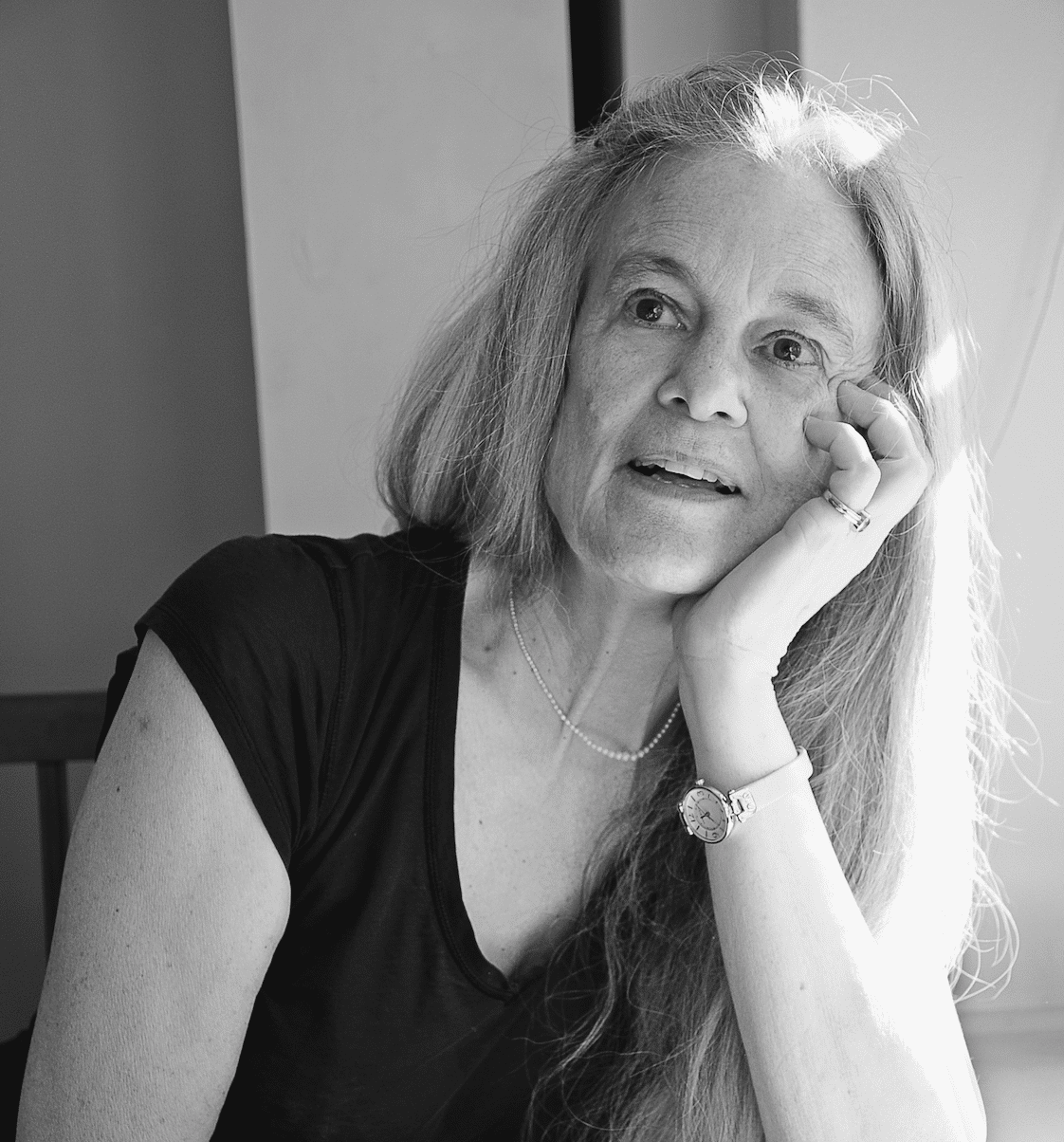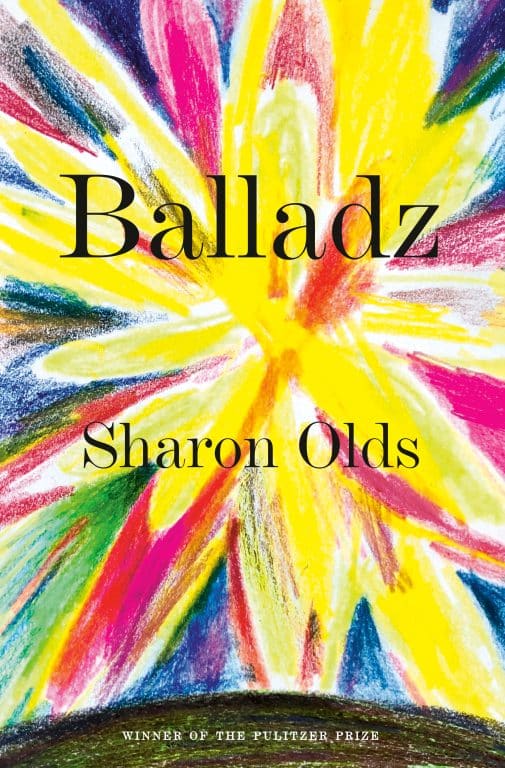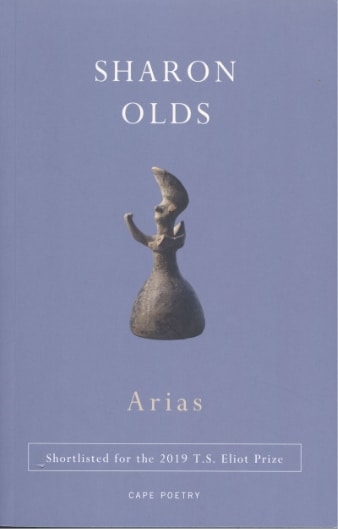
Sharon Olds was born in San Francisco and educated at Stanford University and Columbia University. She is the recipient of the Frost Medal for lifetime achievement, as well as the winner of both the Pulitzer Prize and England’s T. S. Eliot Prize for her 2012 collection, Stag’s Leap. She is the author of twelve previous books of poetry and the winner of other awards and honors, including the inaugural San Francisco Poetry Center Award for her first book, Satan Says, and the National Book Critics Circle Award for her second, The Dead and the Living, which was also the Lamont Poetry Selection for 1983. Arias was shortlisted for the Griffin Poetry Prize in 2020. The Father was shortlisted for the T. S. Eliot Prize, and The Unswept Room was a finalist for the National Book Award and the National Book Critics Circle Award. Olds teaches in the Graduate Creative Writing Program at New York University and helped found the NYU outreach programs, among them the writing workshop for residents of the former S.S. Goldwater Hospital on Roosevelt Island, and for the veterans of the Iraq and Afghanistan wars. She lives in New York City.


Arias 2020 Shortlist
- 2023
- 2020
Judges’ Citation
The aria is a melody for single voice and these poems sing the music of what happens in the everyday with mother, father, lover, child, unknown citizen.
The aria is a melody for single voice and these poems sing the music of what happens in the everyday with mother, father, lover, child, unknown citizen. Memory is elevated onto some plane of eternity by the pure lyric grace of this work, this witness. And work it is – there is the heft of heavy lifting, of difficult emotional material moving like magma under enormous pressure to issue volcanically, erupting into the moment of the poem. It is not just that the personal is political, the intimate here is revolutionary. If there is elegy, there is also transformative empathy and an authoritative moral force. Like Dickinson, like Whitman, like Snyder, like Rich, hers is a voice, demotic and mythic, that defines our times.
Selected poems
by Sharon Olds
In the morning, when I’m pouring the hot milk
into the coffee, I put the side of my
face near the convex pitcher to watch
the last, round drop from the spout,
and it feels like being cheek to cheek
with a baby. Sometimes the orb pops back up,
a ball of cream balanced on a whale’s
watery exhale. Then I gather my tools
of my craft, the cherry sounding-board tray
for my lap, the phone, the bird book for looking up
the purple martin. I repeat them as I seek them,
so as not to forget: tray, cell phone,
purple martin; tray, phone,
martin, Trayvon Martin, song was
invented for you, all art was made
for you, painting, writing, was yours,
our youngest, our most precious, to remind us
to shield you—all was yours, all that is
left on earth, with your body, was for you.
From Arias by Sharon Olds
Copyright © 2019 by Sharon Olds
For You
- Sharon Olds Profile Poetry Foundation
- Sharon Olds, America’s Brave Poet of the Body LitHub
- Review of Balladz The Guardian
- Review of Arias Harvard Review Online